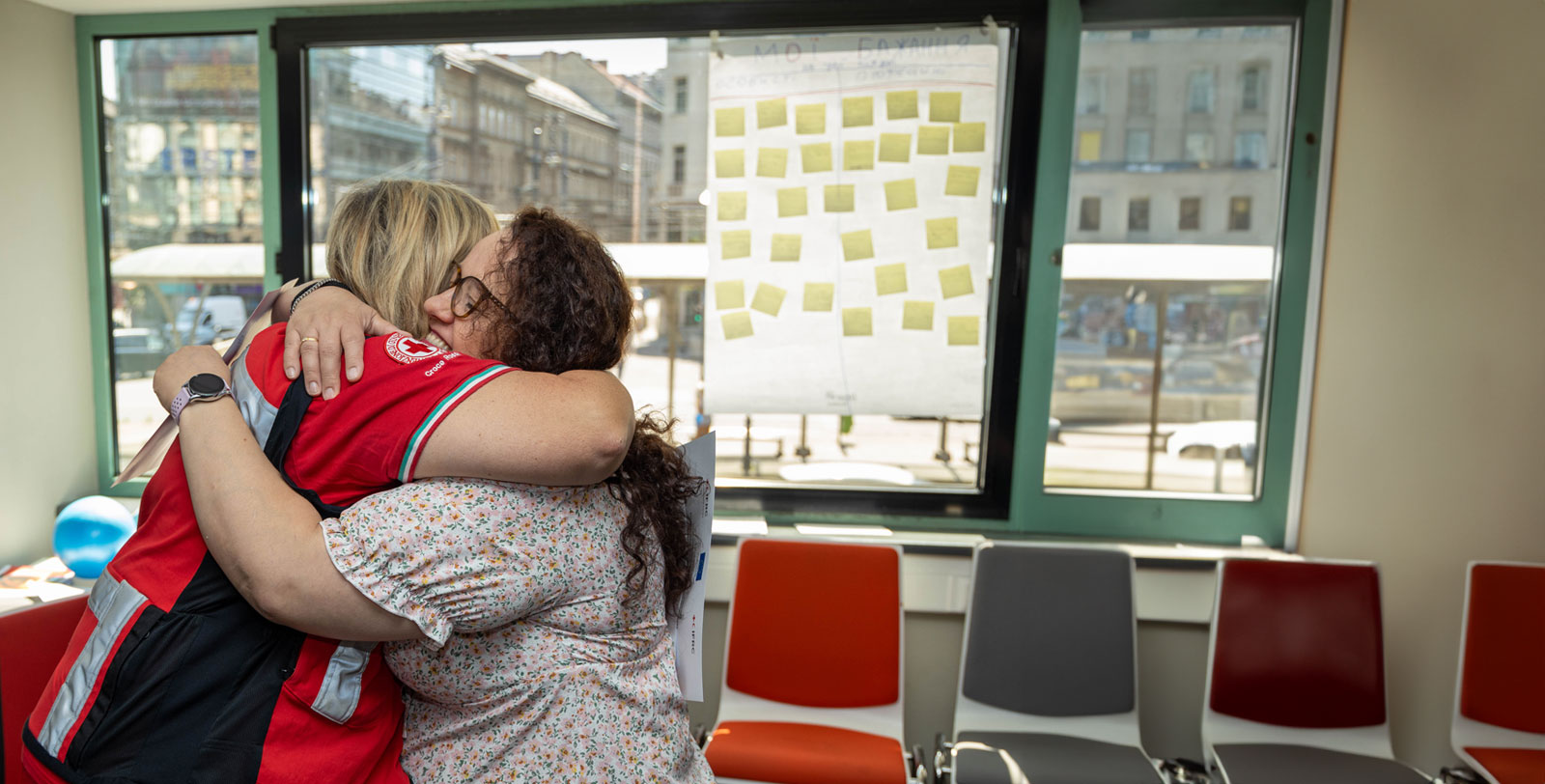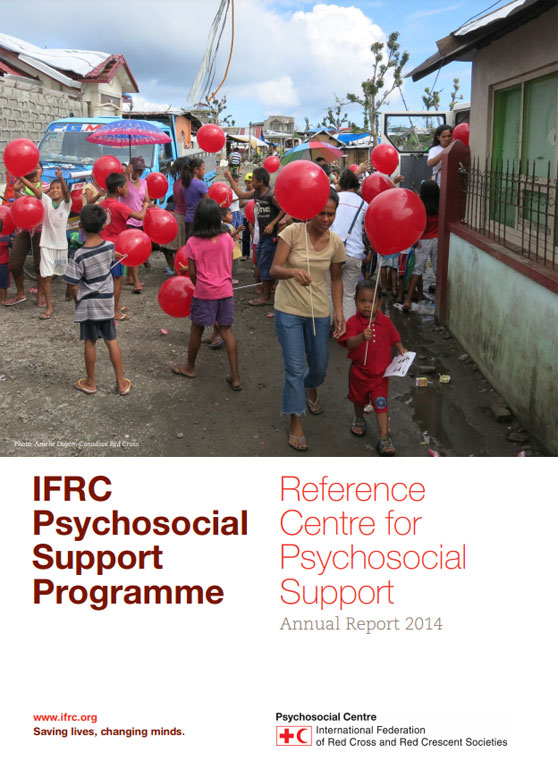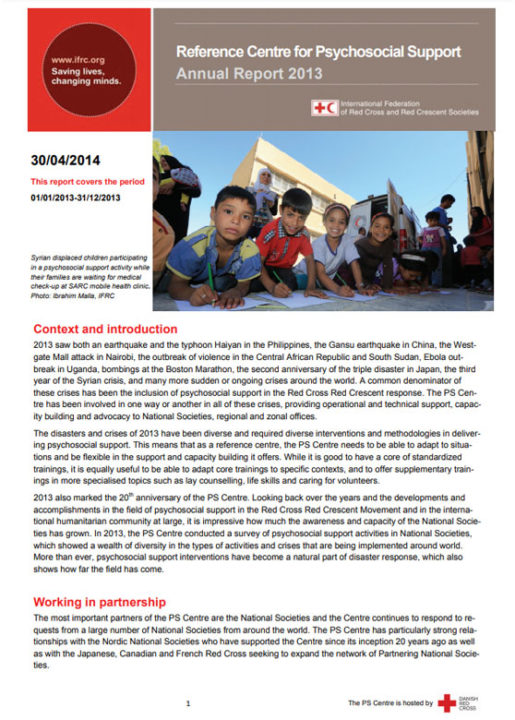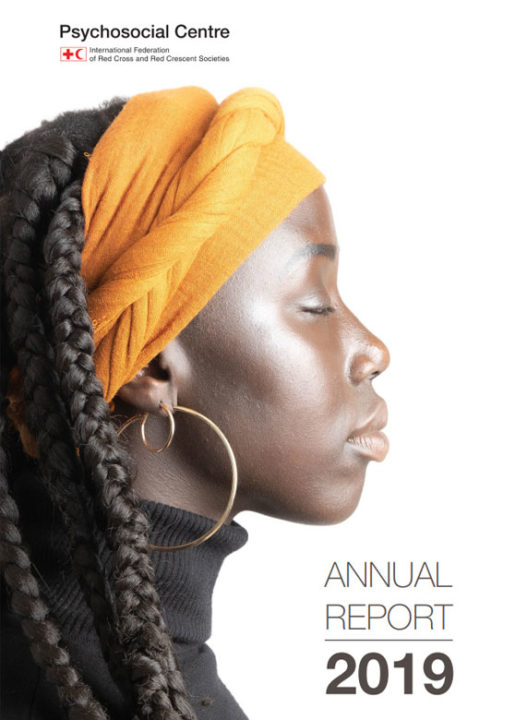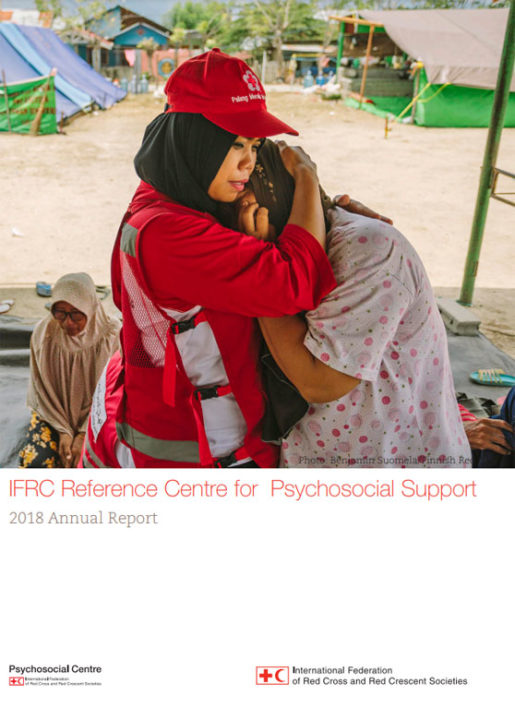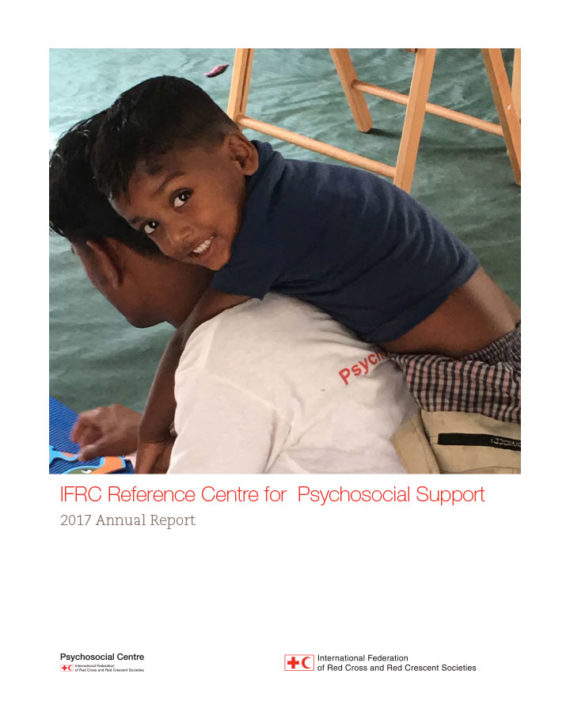The year 2014 was characterized by an unusually high number of serious crises and disasters worldwide. Violent conflicts in Syria, Ukraine, the Central African Republic, Gaza, Libya and South Sudan have caused widespread human suffering and are contributing to the highest number of refugees globally since the Second World War. Responding to the needs in conflict affected countries and in the countries receiving refugees includes the provision of psychosocial support to beneficiaries, staff and volunteers. While not all the affected National Societies have had strong psychosocial support capacity to begin with, all have made substantial efforts to boost existing capacities or build new capacity
